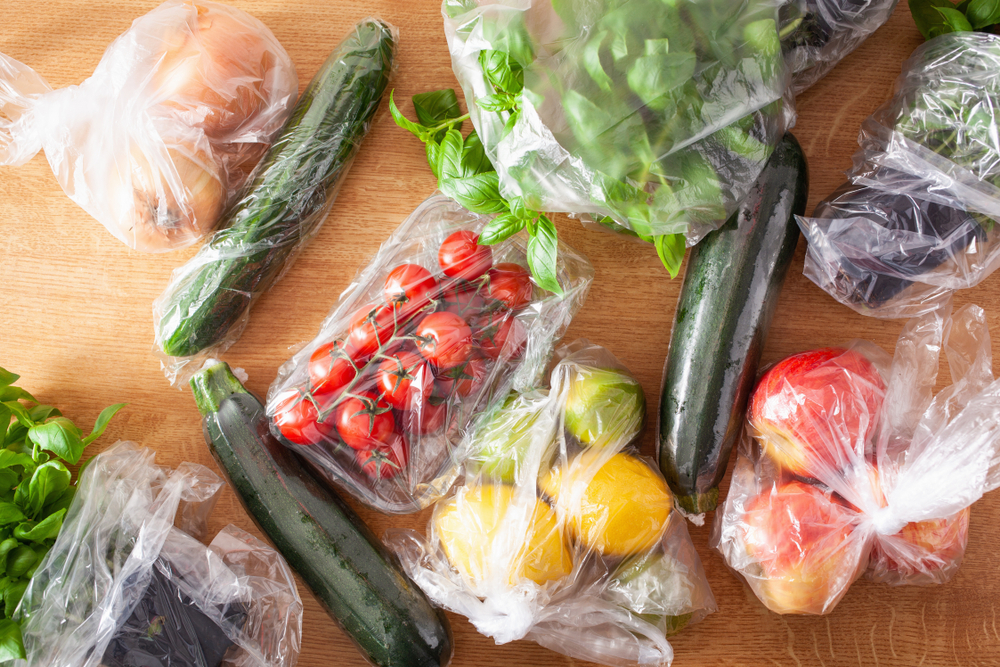Recent reports and studies suggest that unless more work is done to change how we both use plastics and deal with the waste products there is likely to be a substantial effect on the environment. It is clear that in Asia where plastic pollution is particularly bad (mainly via plastic food packaging), there is a great deal of work to do but, as we will see, initiatives are underway to make changes.
The concept of global warming has become central to mainstream thought and political policies in most advanced societies even though there are still many who question its very existence. Perhaps there will always be an element of suspicion about its validity from some quarters, but when one of the most powerful men on the planet – US President Donald Trump – states that he believes it to be nonsense then any good work attributed through recycling and energy saving is likely to be at risk.
Raw facts and straight statistics are necessary to turn what sometimes seem vague warnings into an informed reality. Up until now any facts have been somewhat blurred and lacking substance. But a report by the United Nations Intergovernmental panel on climate change released at the beginning of October has created quite a stir. To cut a long story short, the report warns that if the nations of the world are unable to reduce the amount of global warming by 1.5 degrees centigrade over the next 12 years, there could be apocalyptic environmental consequences.
The Use of Plastics, Sustainability and Pollution
One of the major targets for sustainability projects in recent years has been the use of plastic in products and packaging, how it is recycled or put to waste. A comprehensive study by Food Industry Asia (FIA) reported that the current recycling initiatives in the Philippines, Indonesia, Thailand and Vietnam have been found to affect only 5% or less of waste. The study suggests that one of the reasons for such poor outcomes is that the focus of individual projects is not being made upon large impact areas in society. It is recommended that specifically, there should be more focus on “plugging leakage in post collection efforts, implementing stricter import limitations and constructing new landfills”1
Plastic Waste Imports Should Be Restricted
The report highlights that there has been a significant increase in plastic waste from other neighbouring Asian countries. Restriction on plastic scrap imports and a more robust waste management system is recommended. It is also recommended that there needs to be future initiative partnerships between countries in Asia as well as a locally specific approach via region or municipality.
Plastic and Marine Waste in Asia
After China, Indonesia is considered the biggest plastic polluter. At the University of Georgia, environmental researchers analysed plastic waste in the world’s oceans and found both nations are accountable for one third of plastic waste with bottles, bags and other similar rubbish. In 2010 it was recorded that a total of 3.2 million metric tons of mismanaged plastic came from Indonesia of which 1.29 million tons was from plastic marine debris alone.
In fact, at the end of 2017, the tourist island of Bali was so besieged by plastic waste that the local government declared a “garbage emergency”.2 Many believe that in Asian countries such as Indonesia, the introduction of plastics – especially in packaging – has happened quickly and on a massive scale as factory production has become streamlined and more cost-efficient. Unfortunately, both the businessman and the consumer have not been educated as to the effects on pollution or ecology.
Bali Looking at Being Plastic Bag Free By 2018
That does not mean however that the country is particularly behind with its ecology projects. In fact, one young Indonesian (17-year-old Melati Wijsen), who has become a little bit of a celebrity in her native country, has been backing initiatives to encourage consumers to stop using plastic bags since 2013. Her activities have led to meetings with the Governor of Bali who has announced that he wants to make Bali plastic-free by 2018. This type of project seems to have come a long way over some years – even before western countries considered banning plastic bags.
A Way Forward
The head of sustainability and communications at the FIA, Edwin Seah said “We recognise the role the food and beverage industry must play when it comes to accelerating change in this area. […] We are fully committed to change in Asia and look to join discussions on this issue with Governments, industry, and other key stakeholders.”1
Are you looking for employment in the Asian food industry? Please visit our vacancies page
Peak Recruitment is the leading recruitment agency based in Thailand. A human resource specialist, our pioneering methodology and commitment to deliver exemplary services has placed us first for executive recruitment in Bangkok. As a team, we offer a distinctive approach that you just won’t find anywhere else. We specialise in all aspects of the Asian Food Industry and so can advise, guide and find you the perfect vacancy that matches your requirements. For contact information click here
(2) https://www.cnbc.com/2018/10/30/indonesia-is-a-big-plastic-polluter-melati-wijsen-wants-change.html
